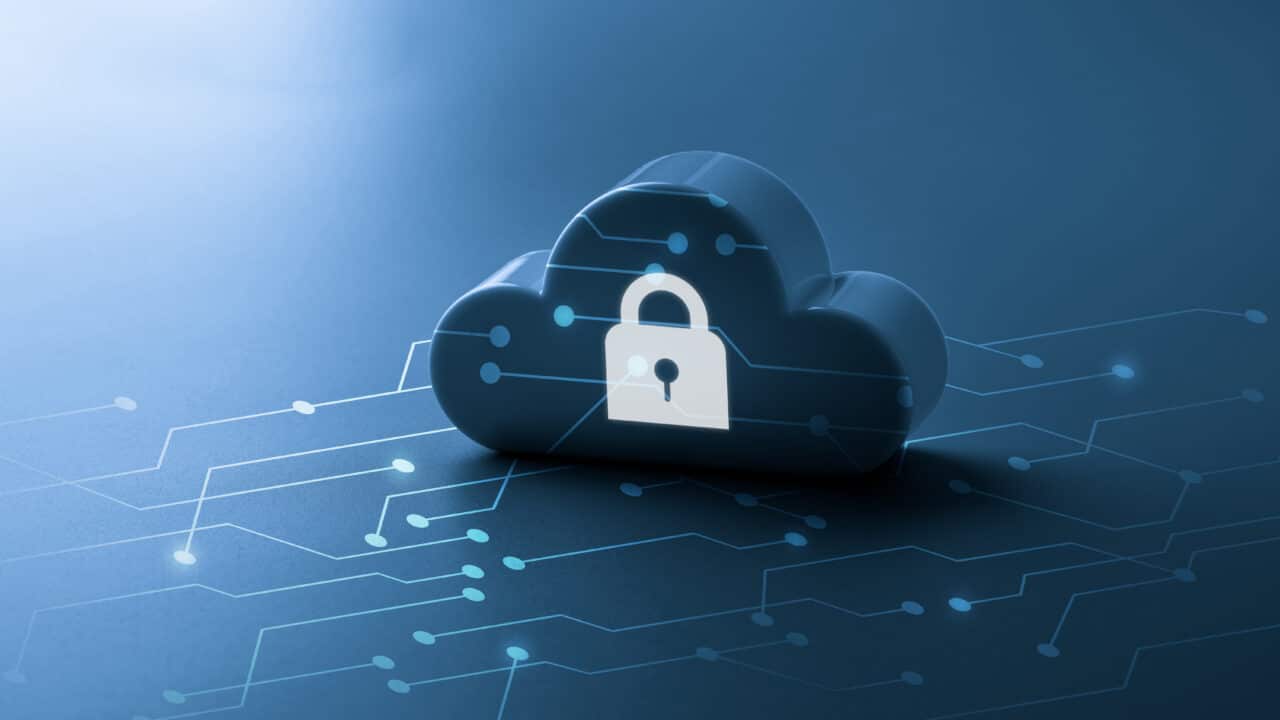
In the past 12 months, 40% of organizations have experienced a cloud-based data breach according to a 451 Research Study. Maintaining strong security practices is a crucial aspect to keeping your organization safe in the evolving cloud landscape. So, what is cloud security? Cloud security features a collection of robust procedures and technologies that are designed to protect your organization. By implementing advanced cloud security controls, such as identity and access management framework, password protection and user-awareness training; your organization can reduce the risks of potential harmful cyber-attacks within your cloud infrastructure. Below we will discuss 3 must have security controls your organization should utilize to keep your data safe.
An Essential Cloud Security Control: Identity and Access Management
Identity and Access management (IAM) is a set of processes, policies and tools that manage user access to data, systems and resources within an organization. IAM is a critical cloud security control that helps mitigate cyber-attacks and enhance overall security, while also improving efficiency and effectiveness throughout your organization. With IAM framework, your organization can identify, authenticate and authorize users, helping to reduce identity-related risks. IAM provides your organization with more control over access, making sure employees have the proper access to resources needed for their job.
Cloud Security Features: Username and Password Protection
According to an Arkose Lab Report, login and fake account attacks increased 85% year-over-year, making username and password protection an essential practice to reduce fraudulent activity and increase data security. Multi-factor Authentication (MFA) is one of the must have security controls for any organization who operates in a cloud-based system. MFA adds another layer of security to your network by requiring users to provide verification factors to grant access to a device, application or system. Rather than just asking for a username and password, MFA requires one or more additional independent factors, such as a pin number, a mobile phone number, fingerprints, FaceID or even locational information. Another approach to verify users and reduce data breaches is utilizing a single sign-on (SSO) solution. An SSO solution stores user credentials for various applications and resources, allowing them to access multiple accounts without logging in.
Security Controls with Your Employees: The Importance of User-Awareness Training
When your organization fully operates in the cloud, opening up remote access from multiple devices; security needs to start with user awareness. Employees are one of the biggest targets for cyber-attacks and can be the biggest security risk within an organization, making it essential for users to understand the question: What is cloud security? Creating an End User Security Training Program will help educate your employees on how to protect sensitive information and spot potential harmful threats. By training your employees to protect your organization on the front end, you can increase data security and add an extra layer of protection to your cloud infrastructure.
With many organizations operating in the cloud, there is a shift in how we view the security landscape, making it critical to understand the question: what is cloud security? To successfully function in the cloud, your organization should implement robust cloud security controls and security best practices. Partnering with an IT company who understands advanced cloud security features will help improve security and focus on your organization’s future growth and business goals.
CompuData is SOC II certified as well as a certified RPO with a team of security experts and CMMC Certified Practitioners. We are a well-versed IT Company in Philadelphia with a focus on cloud and security who can provide a full technology solution, so you do not have to outsource your security needs. Whether you are looking for a cybersecurity assessment, security planning or implementation, or IT support; our technology experts can help.
If you would like to learn more about how CompuData can help protect your organization’s cloud environment, email us!


